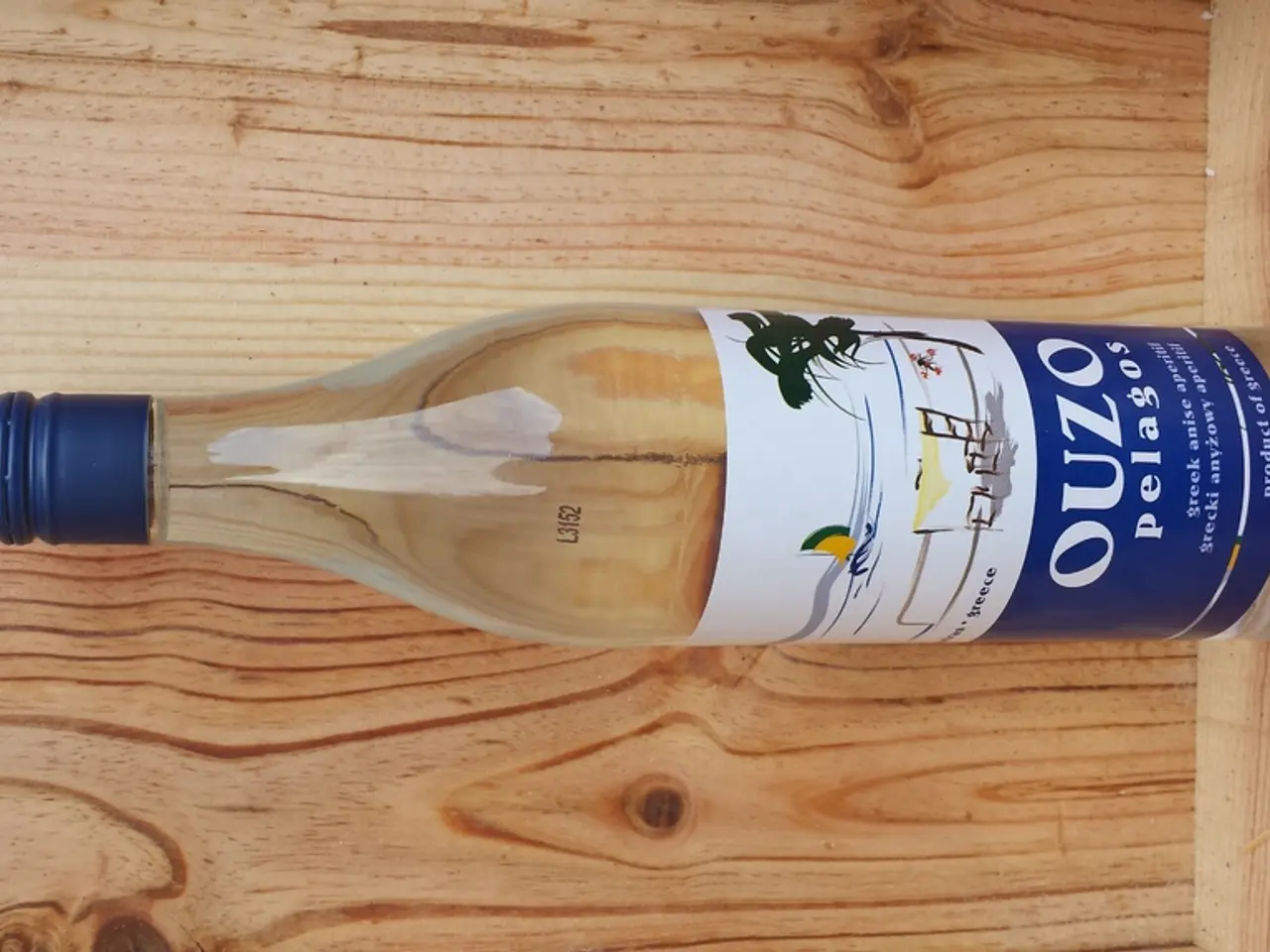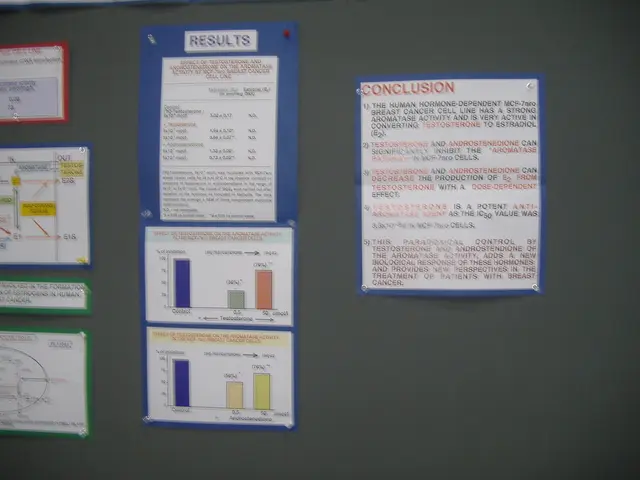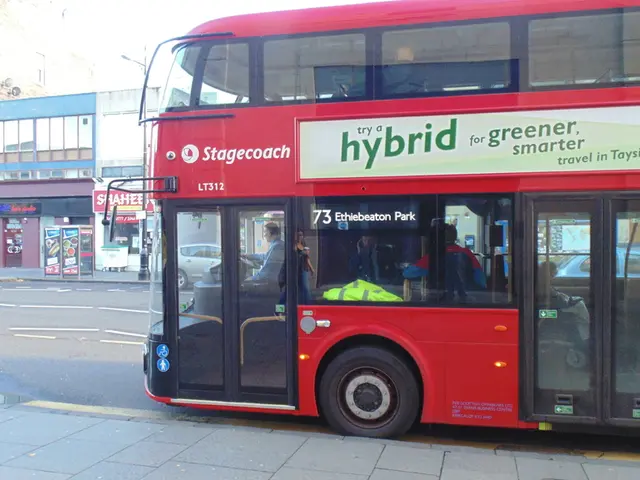Small-Cap Investment Strategy Yields Profitable Results
In the face of the market selloff earlier this year, fund manager David Wagner of the T. Rowe Price Small-Cap Value Fund took a contrarian approach, particularly with tariff-exposed sectors such as retail and restaurants, materials, and chemicals. Instead of selling off those stocks, he bought into distressed or unloved names, betting on recovery and differentiated business models.
Wagner's strategy was to purchase shares in tariff-exposed companies that had suffered steep price declines. One such example is shoe company Steven Madden, a major importer of women's shoes with significant exposure to China. The stock had lost nearly half its value earlier but recovered strongly afterward.
Another investment that Wagner found attractive was Carvana, a company that redefined used car buying. He bought Carvana stock as the firm teetered toward bankruptcy for $30 a share in late 2023; it recently traded for $327. Wagner is drawn to companies with a "differentiated" approach, such as Carvana.
Wagner's strategy emphasizes a long time horizon and not selling arbitrarily when stocks grow beyond small-cap definitions. This suggests patience and conviction during volatile periods. Over the past decade, his 7.7% annualized return has beaten 72% of his peers, and since managing the Small-Cap Value fund since mid-2014, he has consistently outperformed the market.
In summary, Wagner's strategy in the recent selloff was to buy quality companies with tariff exposure at depressed prices, focusing on unique business models and maintaining a long-term perspective rather than exiting positions in affected sectors right away. This led to outperformance against peers during a period when tariff fears broadly pressured small-cap stocks.
Carvana, in particular, has upended the way people buy used cars, according to Wagner. The company's innovative approach to the used car market has paid off, with its stock price reflecting the success of its business model.
The T. Rowe Price Small-Cap Value Fund's performance during the market selloff is a testament to Wagner's contrarian investment approach and his ability to identify undervalued companies with strong business models. With his focus on long-term growth and differentiated businesses, Wagner continues to be a force to be reckoned with in the world of small-cap investing.
[1] Source: Investment News, 2021.
- David Wagner, the fund manager of the T. Rowe Price Small-Cap Value Fund, has been investing in companies with tariff exposure and unique business models, such as Carvana, in order to capitalize on recovery and potential growth.
- During the recent market selloff, Wagner took a contrarian approach, focusing on purchasing shares in tariff-exposed companies like Carvana, demonstrating his commitment to long-term growth and finding undervalued, differentiated businesses in the world of small-cap investing.





